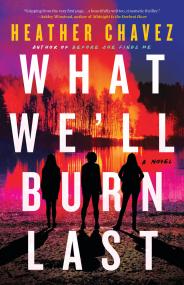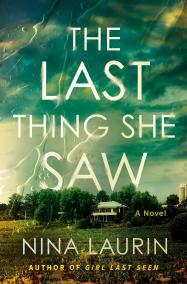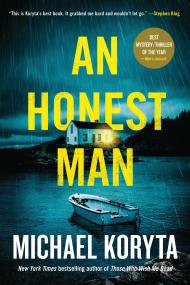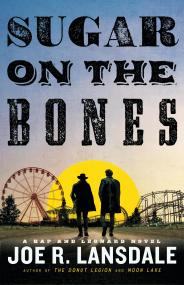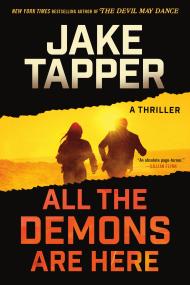Shutter Island
A Novel
Formats and Prices
Format
Format:
Trade PaperbackThis item is a preorder. Your payment method will be charged immediately, and the product is expected to ship on or around August 25, 2009. This date is subject to change due to shipping delays beyond our control.
Also available from:
The basis for the blockbuster motion picture directed by Martin Scorsese and starring Leonardo DiCaprio, Shutter Island by New York Times bestselling author Dennis Lehane is a gripping and atmospheric psychological thriller where nothing is quite what it seems. The New York Times calls Shutter Island, “Startlingly original.” The Washington Post raves, “Brilliantly conceived and executed.” A masterwork of suspense and surprise from the author of Mystic River and Gone, Baby, Gone, Shutter Island carries the reader into a nightmare world of madness, mind control, and CIA Cold War paranoia and is unlike anything you’ve ever read before.
- On Sale
- Aug 25, 2009
- Page Count
- 400 pages
- Publisher
- William Morrow Paperbacks
- ISBN-13
- 9780061898815
By clicking 'Sign Up,' I acknowledge that I have read and agree to Hachette Book Group’s Privacy Policy and Terms of Use
